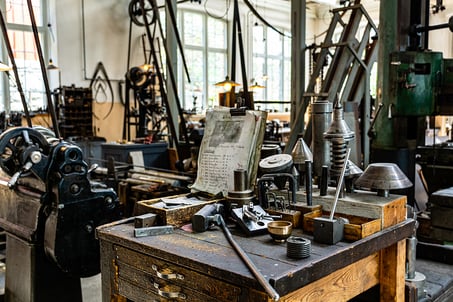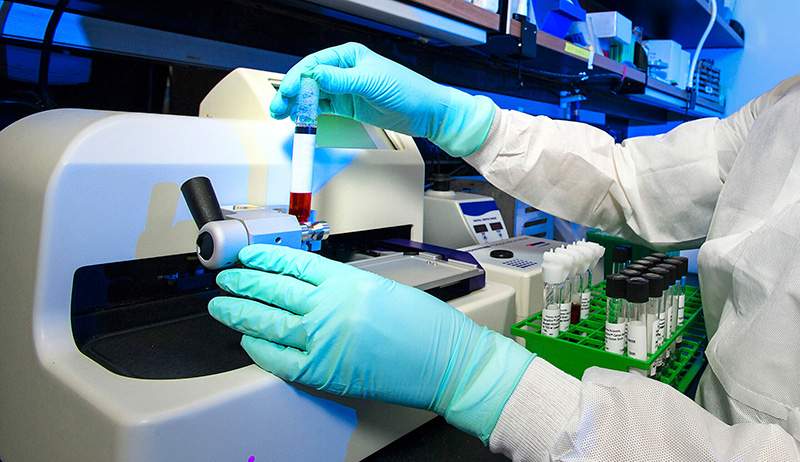
If you own a business looking to dispose of excess used equipment, or personally own property you no longer need, your first thought may be to resell it in the open market. This can be a difficult process with no guarantee of the price you will receive. Another effective option to consider is donating the assets to a local non-profit, such as a public school/university, hospital, research institute, charity, museum, or other tax-exempt organization.
Research options locally, or contact your high school and university to see if they would be interested in acquiring the used equipment for their educational programs, or refer you to a facility they know would be interested.
The benefits of this type of disposition are many. You have the obvious tax deduction, which offsets your income. You may also be accruing goodwill by helping the organization you’re donating to, as well as the individuals they support, by providing useful equipment they might not otherwise be able to afford. Scientific, medical, and technical research and educational institutions need resources to maintain and grow their foundations.
Before making the donation, make sure you check that the equipment is in good working order and clean it if necessary. Then create an itemized list of what you will be providing to the non-profit organization. This list will be very useful when filing your taxes and for valuing purposes.
If you are fairly certain the overall value of your donated machinery will exceed $5,000, you will need to obtain an appraisal to support the higher claim. The advantage of a donation appraisal is that the price level will be measured at fair market value, which is higher than any trade-in or liquidation price you would receive from potential buyers if you tried to sell on your own.
Look to engage with an experienced, accredited appraiser who is familiar with the type of assets you are donating. Equipment donation valuations are common, and the appraiser can provide the support needed to ensure you receive a reasonable and supportable value assessment.
Once the appraisal report is delivered, you will need to complete IRS Form 8283 for non-cash donations and have the appraiser review and attest to the reported value. You can submit this as part of your overall tax return.
Donations can also be made for unused inventory, such as spare parts and tools. Companies that produce excess finished goods can also donate these items using the same process. Equipment appraisers with experience in valuing inventory can work with you on these types of donations as well. In summary, before you decide to resell your excess used machinery, consider a donation as a more effective alternative.





